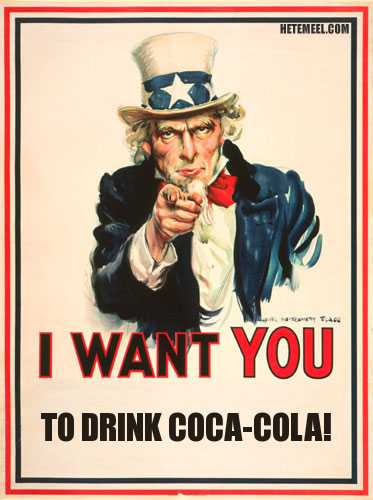 Recently Mayor Michael Bloomberg learned that his Big Gulp ban had been blocked by a state Supreme Court judge for arbitrarily targeting these consumer goods without a legal rationale. Determined to combat the obesity epidemic, Bloomberg will no doubt appeal this decision. But he shouldn’t. Instead, he should look back at the history of alcohol prohibition and recognize that taxing sugar is a much better way to combat obesity than banning sugary beverages.
Recently Mayor Michael Bloomberg learned that his Big Gulp ban had been blocked by a state Supreme Court judge for arbitrarily targeting these consumer goods without a legal rationale. Determined to combat the obesity epidemic, Bloomberg will no doubt appeal this decision. But he shouldn’t. Instead, he should look back at the history of alcohol prohibition and recognize that taxing sugar is a much better way to combat obesity than banning sugary beverages.
In 1791, Alexander Hamilton was trying to figure out how the nascent U.S. government could pay for its activities. The US government was quite lean in those early days, but not so lean it didn’t need a bit of revenue. Hamilton was trying to think of a fair and efficient way of collecting funds, when he had an aha moment: alcohol! “There appears to be no article” he wrote “…which is an object of more equal consumption throughout the U.S.”
Whether rich or poor, northern or southern, Hamilton realized that most men drank, meaning that an alcohol tax would be spread across the population relatively evenly, and wouldn’t require a complex bureaucracy to determine if everyone is paying their fair share. True, some people drank to excess and this tax would hurt them hard. But on the other hand, the tax might even help them. As Daniel Okrent points out in his book Last Call: “Hamilton even found social value in taxing alcohol: it might discourage people from drinking the stuff.”
Sin taxes, it turns out, have been part of the American fabric since the days when we first stitched thirteen states together into a unified country… (Read more and view comments at Forbes)
